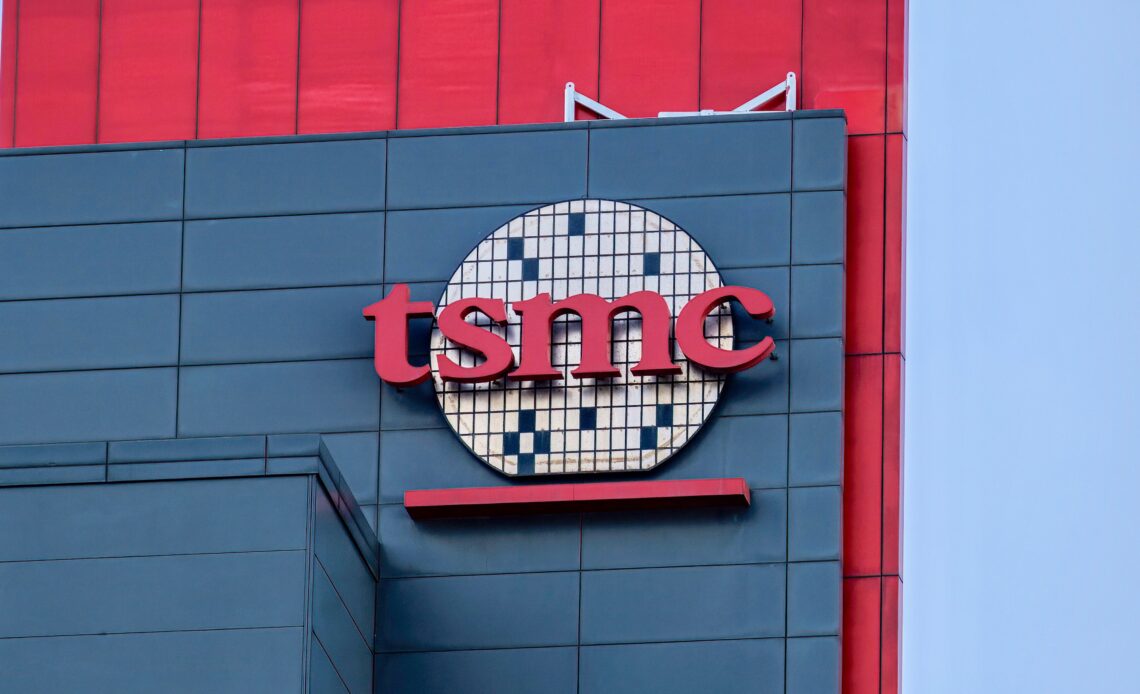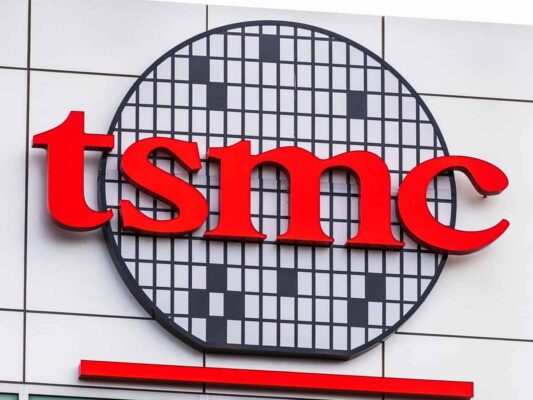
What do your smartphone, laptop, gaming console, and refrigerator have in common? Well, they are all powered by semiconductor chips. The demand for these chips surged to an all-time high during the COVID-19 pandemic and helped Taiwan Semiconductor Manufacturing Company (TSMC) to become the world’s largest contract manufacturer of semiconductor chips. With almost half a trillion dollars market capitalisation, TSMC is the most valuable semiconductor company in the world.
The Founder
Born in Ningbo, Chekiang, in China, Morris Chang, a Taiwanese-American businessman, founded TSMC in 1987, when a few large players dominated the semiconductor industry. Before founding TSMC, he made a name for himself in the tech industry, working for companies such as Texas Instruments and General Instrument.
Morris saw an opportunity to create a company that would offer a new approach to chip manufacturing. He founded TSMC with the goal of providing contract chip manufacturing services to companies in need of chips, but without the high costs and long lead times associated with traditional chip manufacturing.
Morris’s vision for TSMC was a bold one, and it was not without its challenges. The company faced competition from larger, established players, and there were many who doubted its ability to succeed. However, over the years, the company has grown into a global leader in the industry, serving customers across the globe.
TSMC is the world’s largest and most advanced contract chip manufacturer, producing chips for some of the world’s largest tech companies, including Apple, Qualcomm, and NVIDIA. On June 5, 2018, Morris announced his retirement, but his story is a reminder that, with determination and a commitment to innovation, anything is possible.
With over 65,000 employees and annual production of over 14 million semiconductor wafers, TSMC operates its semiconductor fabrication facilities in Taiwan, China, Europe, and the United States. Currently, TSMC is the world’s largest chip foundry, with some big clients like Apple, Intel, Qualcomm, AMD and Nvidia.
The importance of TSMC
TSMC has a significant market share in the industry, making it a critical player in the semiconductor supply chain. The company has a reputation for being at the forefront of advanced manufacturing technology, which helps it to produce chips with smaller features, higher performance, and lower power consumption.
TSMC has always been at the cutting edge of the latest semiconductor technologies and has invested heavily in research and development to ensure it stays ahead of the curve. The investment has allowed the company to offer its customers cutting-edge solutions that help them to stay competitive in a rapidly evolving market.
The semiconductor giant serves a diverse range of customers, including major tech companies, as well as smaller startups and universities, making it a critical player in the technology landscape. Despite the challenges, TSMC has remained committed to its mission of providing the best possible solutions to its customers.
WaferTech Subsidiary
Based in Camas, Washington, USA, WaferTech is a subsidiary of TSMC. Established in 1998, it is one of the largest employers in the state of Washington and is one of the key suppliers of chips for a wide range of industries such as telecommunications, consumer electronics, automotive, computer and storage.
The subsidiary is one of six TSMC manufacturing sites located around the world, and the core business of WaferTech is manufacturing integrated circuits (ICs) on silicon wafers. It operates a highly automated and vertically integrated manufacturing facility, which allows the company to optimise its production processes and reduce costs.
The company uses advanced process technologies and manufacturing equipment to produce wafers that are then used to fabricate integrated circuits for its customers. WaferTech’s manufacturing process involves several key steps, including wafer fabrication, assembly and packaging, testing, and shipping.
The rise of TSMC
The COVID-19 pandemic disrupted the global economy, and the chip manufacturing industry was not exempt. The chip shortage has been caused by a combination of factors, including the pandemic, weather-related disruptions, and an unexpected surge in demand for consumer electronics, which has caused a backlog in the supply chain.
Despite these challenges, the semiconductor giant of the world has continued to invest in its manufacturing capabilities, like building new fabrication facilities and increasing production capacity. This has enabled the company to maintain its position as a leader in the industry and to help alleviate the chip shortage.
Over the last couple of years, TSMC has remained well-positioned to weather the storm and maintained its leadership in the industry. TSMC’s role in the global chip shortage is a testament to its resilience and ability to adapt to changing market conditions. As a result, TSMC is poised to continue its success for many years to come.
Let’s imagine the world without TSMC

Shortage of chips:
TSMC is responsible for producing a large portion of the world’s chips. The absence of TSMC would result in a shortage of chips for various industries, including consumer electronics, automotive, and telecommunications.
Increased prices:
With a shortage of chips, the prices of electronics and other products that rely on chips would skyrocket. The crisis could cause economic harm, as consumers and businesses would have to pay more for the products and components they require.
Delays in product releases:
Lots of major companies rely on TSMC to produce the chips they need for new products. Without TSMC, the development and release of new products would be significantly delayed.
Lack of innovation:
TSMC is known for its advanced manufacturing processes, which allow for the creation of smaller, more powerful chips. If TSMC were to disappear, the world would lose access to these cutting-edge technologies, slowing the pace of technological innovation.
Impact on global trade:
TSMC is a major player in the global semiconductor industry, with operations and customers worldwide. If TSMC disappears, the impact would be felt globally, affecting international trade and causing economic harm to countries that rely on the company.
The disappearance of TSMC would have far-reaching consequences for the world, from a shortage of chips to a lack of innovation, and the absence of the company would be felt across industries and countries. In short, TSMC’s continued success and growth are vital to the continued advancement of our society.
Valuation
TSMC is often referred to as the most important company you’ve never heard of. The leading player in the global semiconductor industry has only seen tremendous growth and success in recent years, driven by the increasing demand for chips in consumer electronics, telecommunications, and other industries.
TSMC has also experienced strong revenue growth, with revenue increasing year over year. In 2021, the company reported revenue of over $40 billion, up from $35 billion in 2020. TSMC’s valuation has been on an upward trajectory, and as far as January 2023, it has a market capitalisation of $482.97 Billion.

